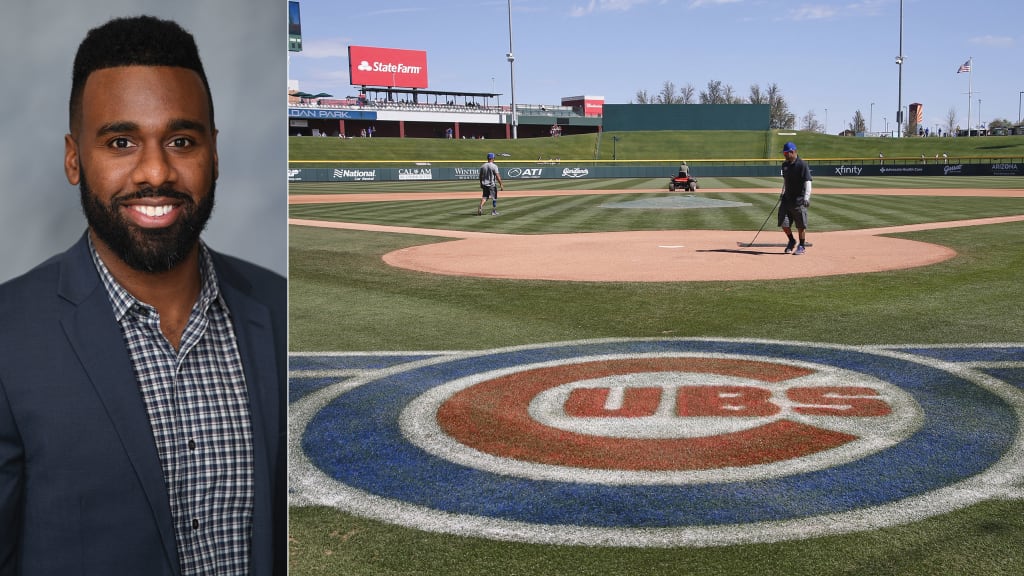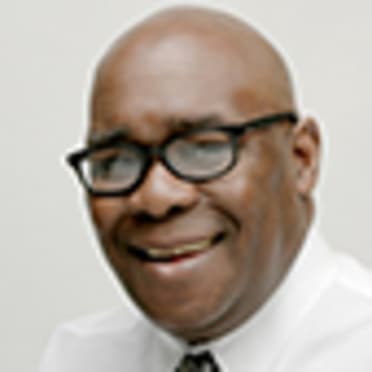
Jared Banner is currently in his second year as the Cubs’ vice president of player development, and his enthusiasm for the job comes through after just one conversation with him. He is, as is often said in baseball, “living the dream,” and the 37-year-old takes a lot of pride in his role in helping to develop players as they make their way through the Minor Leagues.
“It’s putting together a good process and infrastructure – putting together the right team,” Banner said via telephone. “When I say team, I mean our coaches, strength and conditioning staff, athletic trainers, our office staff, everyone together. That’s the part that I love – spending time with my teammates, chasing after a common goal of making our players better on a daily basis.”
Since he arrived in Chicago, Banner has worked to make sure analytics and the eye test work hand in hand in the farm system, which over time has been an essential part of the job.
“It’s communication and collaboration,” Banner said. “I don’t think you want to move to any one side. I think we do try to stay grounded in the evidence, but at the end of the day, [the Minor Leaguers] are human beings. There needs to be a human touch, a care, a belief in each other and a culture created. Those are things we focus on as much as any statistic.”
The Cubs are expected to be an improved team in 2023, and Banner feels this is a great time to be part of the organization. He feels prospects such as outfielders Pete Crow-Armstrong (the Cubs’ No. 1 prospect, per MLB Pipeline), Brennen Davis (No. 2), Kevin Alcantara (No. 3) and pitchers Jordan Wicks (No. 5) and Ben Brown (No. 7) could reach the Majors soon.
“We have a large group at the upper levels that are ready to contribute,” Banner said. “... In due time, we don’t want to rush anything, but when those opportunities come, the key is for us to make sure they are ready for them. That’s our sole focus.”
A love for baseball
Banner always wanted to be involved in professional baseball. His love for the game dates back to his childhood while growing up in Brooklyn; he was a loyal Mets fan, while honing his own baseball skills in The Parade Grounds of Prospect Park.
After playing baseball for four seasons at Poly Prep Country Day School, Banner went to Amherst College and played third base and the outfield.
Following his graduation from Amherst in 2007, Banner knew playing professional baseball wasn’t going to be his future. He wanted to work in a front office. Long-time Amherst coach Bill Thurston hooked up Banner with Pirates general manager Ben Cherington, who was then working for the Red Sox as the team’s vice president of player personnel.
Banner and Cherington both attended Amherst and played for Thurston -- 11 years apart. Cherington made Banner an intern in player development. What was the biggest advice Cherington gave him?
“The one thing that stands out is, anytime you are working with others or working for others, you want to make their lives and jobs easier. That’s something I tried to keep in mind,” Banner said. “It’s not always what is in your job description. Sometimes, it can be way outside what you expect to be doing. If that’s what is going to be helpful at the time, that’s what needs to be done. That’s something that stood out for me.”
Banner listened to Cherington and lasted a little more than 10 years with Boston. He moved up along the way, becoming an assistant to player development in 2008 before becoming vice president of player personnel in 2018. In those 10-plus years, Cherington wasn’t the only one Banner learned from in the Red Sox organization.
“I had the chance to learn from some really special people – some really great baseball minds like Theo Epstein, Jed Hoyer, Dave Dombrowski and Allard Baird. The list goes on and on,” Banner said.
After receiving three World Series rings (2007, '13 and '18) with Boston, Banner worked for his hometown team, the Mets, for two years in player development before joining the Cubs.
Banner would like to see young African Americans follow in his footsteps in baseball. He has advice on how to stay in the game for a long time.
“The key is to keep learning and growing, keep trying to meet people and start networking. Those things go hand in hand,” Banner said. “The more people you can meet and learn from, the wider your network is going to grow. The more opportunities you are going to be a part of.
“You want to be around baseball as much as possible at any level, whether it be the amateur level – high school, college, summer ball. There were a lot of people in those spaces who eventually grew in professional baseball.”


